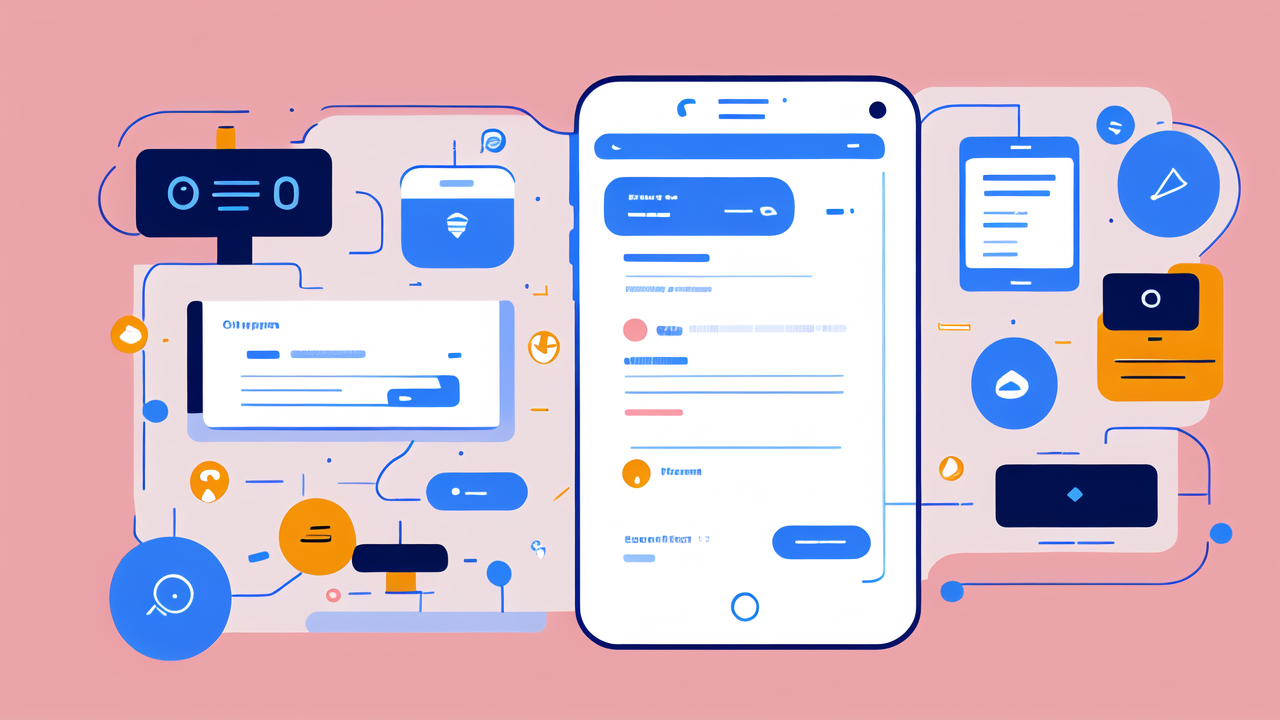Understanding the Demand for Health Monitoring Wearables in the United States
The Rise of Health-Conscious Consumers
The United States has seen a surge in health-conscious consumers in recent years. This trend has fueled the growing demand for health monitoring wearables. People are more aware of their health and want to track it daily.

Smart watches have become popular tools for health monitoring. They offer features like heart rate tracking, step counting, and sleep analysis. These devices appeal to a wide range of users, from fitness enthusiasts to those managing chronic conditions.
The COVID-19 pandemic has also boosted interest in personal health monitoring. Many people now see the value in tracking their vital signs regularly. This shift in mindset has created a fertile market for wearable health tech.
Key Drivers for Wearable Health Technology Adoption
Several factors are driving the adoption of wearable health technology in the US. First, there's a growing focus on preventive healthcare. People want to catch health issues early, before they become serious problems.
Convenience is another major factor. Wearable devices make it easy to monitor health metrics without visiting a doctor. This appeals to busy Americans who value efficiency in their healthcare.
Insurance companies are also encouraging the use of health wearables. Some offer incentives for using these devices to maintain a healthy lifestyle. This support from the insurance sector is boosting adoption rates.
Lastly, the aging population in the US is driving demand. Older adults and their caregivers see value in devices that can monitor health and detect emergencies.
Innovations in Health Monitoring: What's Next for Smartwatches?
Advanced Sensor Technologies and Their Implications
The future of smartwatches lies in advanced sensor technologies. These new sensors will enable more accurate and diverse health monitoring. For example, some companies are working on non-invasive glucose monitoring for diabetics.

Optical sensors are evolving to measure blood pressure without a cuff. This could be a game-changer for hypertension management. Other sensors in development can detect stress levels by measuring skin conductance.
There's also progress in ECG sensors for smartwatches. These can detect irregular heart rhythms, potentially saving lives. Some experts predict future sensors could even detect early signs of infections or diseases.
These advancements have huge implications for personal health management. They could reduce the need for frequent doctor visits and lab tests. However, they also raise questions about the role of healthcare providers in this new landscape.
Integrating AI and Machine Learning in Health Devices
Artificial Intelligence (AI) and Machine Learning (ML) are set to revolutionize health wearables. These technologies can analyze vast amounts of health data to provide personalized insights.
AI algorithms can learn a user's normal patterns and alert them to concerning changes. For instance, they might notice subtle shifts in heart rate variability that could indicate stress or illness.
Machine learning models can predict health events based on historical data. This could include warnings about potential asthma attacks or migraines before they occur.
AI can also help make sense of complex health data for users. It can provide easy-to-understand summaries and actionable advice. This makes health information more accessible to the average consumer.
However, integrating AI and ML also presents challenges. Ensuring the accuracy and reliability of these systems is crucial. There's also the need to explain AI decisions in a way that users and healthcare providers can trust.
Navigating the Regulatory Landscape for Health Wearables
FDA Regulations and Consumer Safety
As health wearables become more advanced, they face increased scrutiny from regulators. The FDA plays a key role in overseeing these devices in the United States.

The FDA classifies many health wearables as "low-risk" devices. This allows for a faster approval process. However, devices that make specific medical claims face stricter regulations.
Consumer safety is a top priority for regulators. They want to ensure that health wearables provide accurate data and don't cause harm. This includes both physical safety and the reliability of health information provided.
The FDA has created a pre-certification program for digital health products. This aims to streamline the approval process for trusted companies. It also encourages innovation while maintaining safety standards.
However, the rapid pace of technological advancement poses challenges for regulators. They must balance the need for thorough safety checks with the demand for quick innovation.
Privacy Concerns in Health-Driven Wearable Technology
Privacy is a major concern in the world of health wearables. These devices collect sensitive personal health data. Users want assurance that their information is protected and used responsibly.
In the US, laws like HIPAA protect health information in certain contexts. However, many health wearables fall outside these regulations. This creates a gray area in terms of data protection.
Companies must be transparent about how they collect, use, and share user data. Many are implementing strong encryption and data anonymization techniques. Some also offer users granular control over their data sharing preferences.
There's ongoing debate about who owns the data collected by health wearables. Some argue that users should have full control and ownership of their health data. Others believe that sharing data can lead to valuable medical insights.
Balancing privacy with the potential benefits of data sharing is a complex challenge. It requires cooperation between tech companies, regulators, and healthcare providers. As health wearables evolve, addressing these privacy concerns will be crucial for widespread adoption.




Leave a comment
This site is protected by hCaptcha and the hCaptcha Privacy Policy and Terms of Service apply.